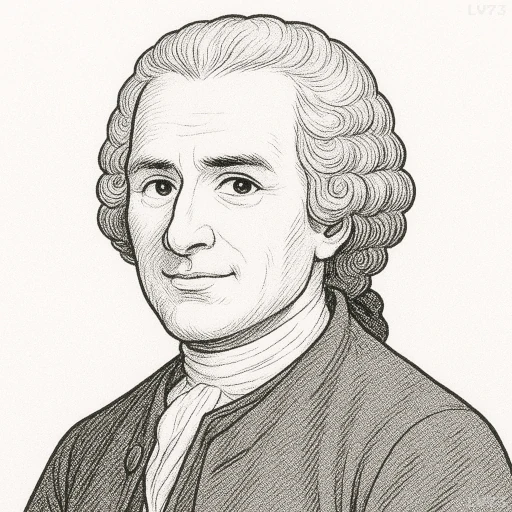“The English are predisposed to pride, the French to vanity.”

- June 28, 1712 – July 2, 1778
- Born in Geneva
- Philosopher, political philosopher, writer, composer
table of contents
Quote
“The English are predisposed to pride, the French to vanity.”
Explanation
This quote reflects Jean-Jacques Rousseau’s observations about the differing national character traits between the English and the French in the 18th century. Rousseau, a prominent philosopher during the Enlightenment, was known for his critiques of society and the nature of human emotions. In this case, he contrasts pride and vanity—two similar but distinct forms of self-regard. Pride, according to Rousseau, is a more internal, enduring feeling often tied to self-respect, while vanity is more outward-facing, connected to the desire for admiration from others.
Historically, Rousseau’s time was marked by growing tension between the English and French societies, especially considering their rivalry in European politics, trade, and culture. The English were emerging as a powerful global force, with a focus on individualism and the importance of personal dignity. On the other hand, the French aristocracy, which Rousseau critiqued in works like The Social Contract and Discourse on the Arts and Sciences, was deeply concerned with outward appearances and social standing.
In modern times, this quote could be interpreted as a commentary on how national identity and cultural values shape personal pride and the perception of others. For example, the English emphasis on understatement and stiff-upper-lip could still be seen as a reflection of pride rooted in self-reliance, while French culture might emphasize sophistication, beauty, and style, aligning more with vanity. These distinctions continue to influence perceptions and social dynamics in both nations.
Would you like to share your impressions or related stories about this quote in the comments section?


